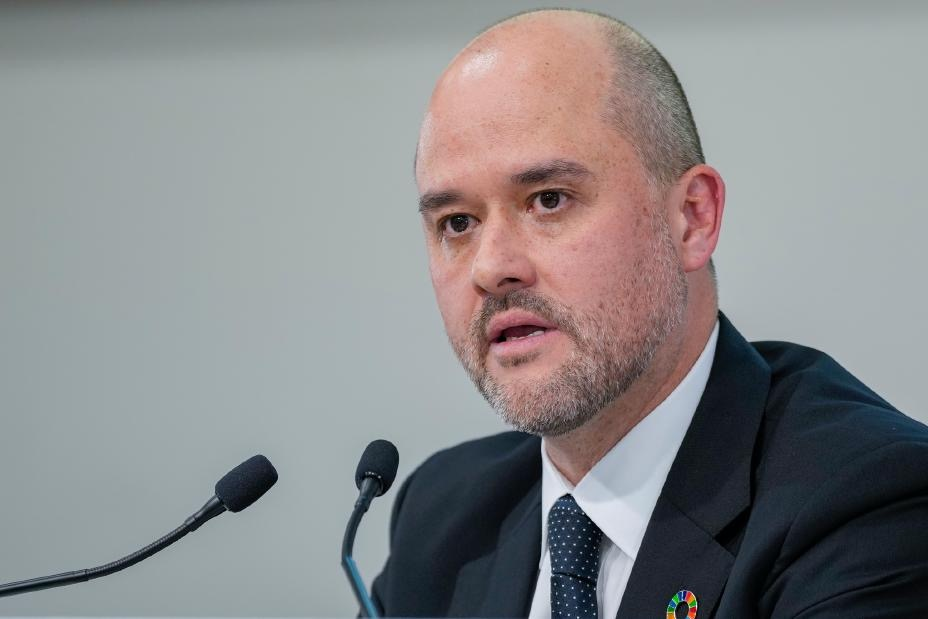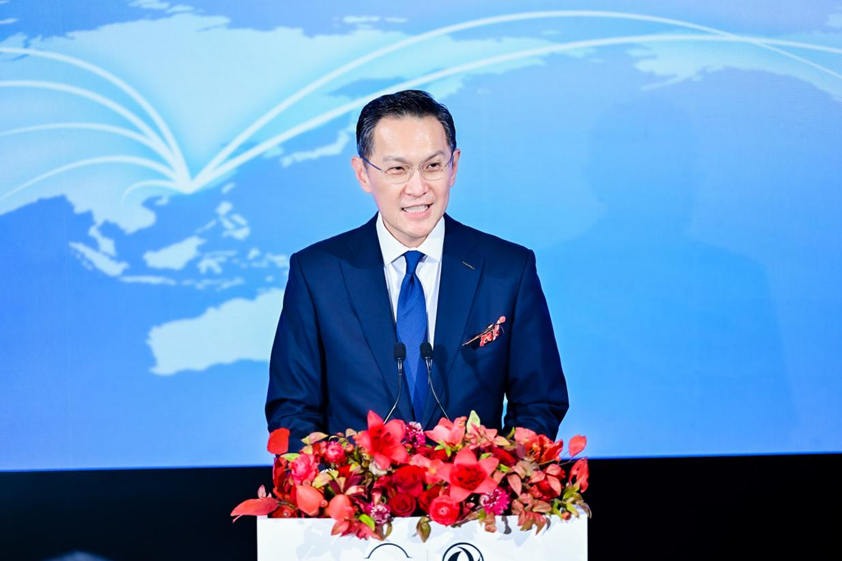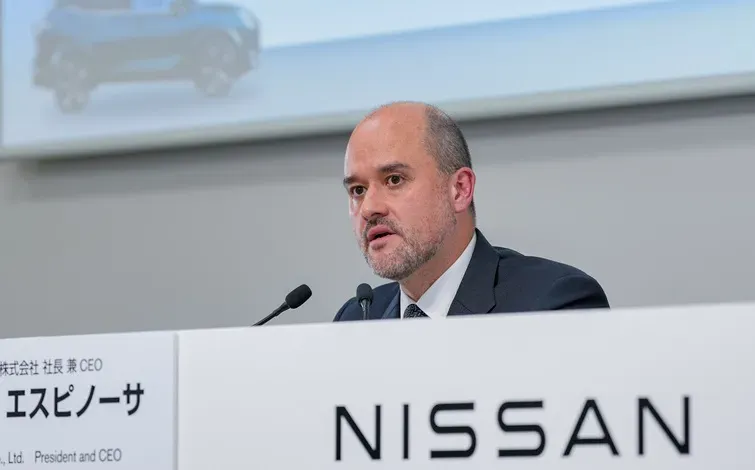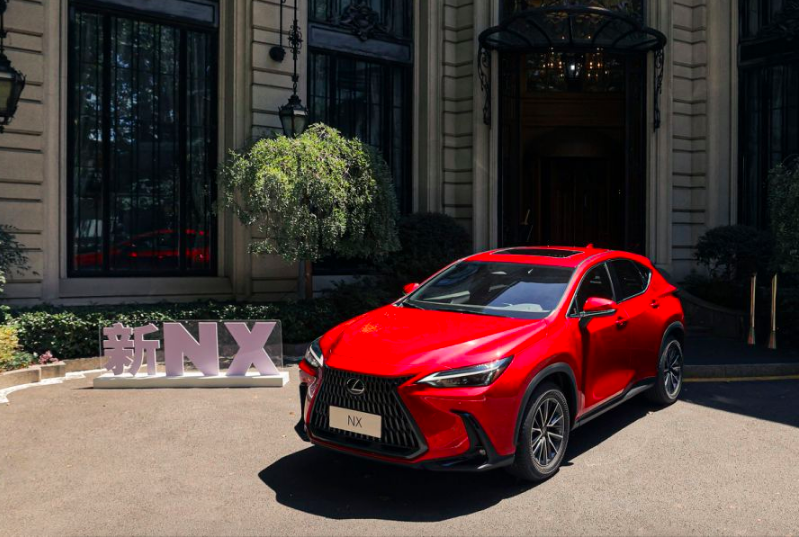
After the breakdown of merger talks with Honda, Nissan Motor, one of the three largest Japanese automakers, is rumored to be planning a "marriage" with another major Japanese automaker, Toyota.
According to a report by Japan's Mainichi Shimbun on May 20, citing people familiar with the matter, a Toyota executive has approached Nissan about potential cooperation. Although Nissan declined to comment on the matter and Toyota is still reviewing the report before issuing an official statement, it is not difficult to see from this rumor that in the wave of electrification transformation, Japanese automakers in trouble have shown an increasingly strong desire to work together.
Nissan and Honda, the unfinished road to merger
Among the three major Japanese automakers, Nissan has relatively the greatest pressure to survive. For this reason, Nissan had previously carried out a merger plan with Honda that lasted nearly a year, but ultimately failed.
In March 2024, Nissan and Honda started discussing cooperation in the field of electric vehicles, and Mitsubishi Motors decided to join in August of the same year. Subsequently, as Foxconn's parent company Hon Hai showed interest in acquiring Nissan, Nissan and Honda announced the start of merger negotiations on December 23, 2024, and stated that Mitsubishi was also considering joining the merger framework. Nissan and Honda will merge by jointly investing in a holding company, with both parties acting as subsidiaries of the holding company.
However, the merger plan did not proceed smoothly. The direct fuse for the merger breakdown was Honda's proposal to "subsidiaryize" Nissan, which was strongly opposed by Nissan management. On February 6, then Nissan CEO Makoto Uchida personally went to Honda's headquarters and officially announced the termination of negotiations. On February 13, 2025, Nissan, Honda and Mitsubishi officially announced the decision to terminate the memorandum of understanding for the original three-party cooperation plan.
This unfinished "marriage" exposed the deep anxiety of traditional automakers in transformation: Honda's global sales in fiscal 2023 fell 12% year-on-year, and Nissan's operating profit plummeted 34% in the same period. Makoto Uchida once said bluntly that "it would be difficult to survive without cooperation", and he also resigned sadly due to the failure of negotiations.
From layoffs to factory closures, Nissan struggles to save itself
Ivan Espinosa, the new Nissan CEO who took over from Makoto Uchida, has shown a more urgent attitude of self-rescue.

Nissan CEO Ivan Espinosa
At the earnings conference on May 15, he made it clear that "we must save ourselves now rather than rely on others." Earlier in early May, he also disclosed a restructuring plan, many of which were quite radical, such as the promise to close seven factories, reduce production bases from 17 to 10, and lay off 20,000 employees (accounting for about 15% of global employees); cut R&D spending by 20%, reduce the complexity of the parts system by 70%; eliminate six vehicle models and platforms, and focus on the Infiniti luxury brand. The goal is to achieve a turnaround by saving 500 billion yen in costs.
At present, Nissan has not yet determined which factories will be closed, but the Sunderland plant in the UK, which is Nissan's largest production base in Europe and has high production costs, is particularly eye-catching. Espinosa revealed that "we have no intention of leaving Sunderland" and plans to produce new models at the plant, but Nissan must remain "pragmatic" and cannot make any guarantees about the future of the plant. At the same time, Espinosa bluntly stated that government support is needed to resist competition from Chinese automakers: "If a Chinese-made car is shipped into the UK, as a local British automaker, we will have no advantage. We need government support to remain competitive in the UK."
Faced with the crisis, Japanese automakers may band together again
Currently, Espinosa, who has 2.2 trillion yen (about 15.1 billion U.S. dollars) in cash reserves, has not closed the door to cooperation. He emphasized on many occasions that Nissan is evaluating potential partners including Chinese automakers and technology companies, but the premise is "not to be kidnapped by any party."
This cautious attitude may be due to the previous experience of the Renault-Nissan-Mitsubishi Alliance. The alliance fell into a long-term internal struggle due to equity disputes, causing Nissan to miss the opportunity in the field of electrification. Now, Espinosa specifically mentioned the "possibility of cooperation in markets outside China" with Dongfeng Group, which is seen as a signal to diversify risks.
For Toyota, cooperation with Nissan may further consolidate its dominance as a Japanese automaker. Toyota currently holds shares in several Japanese automakers, including 20% of Subaru, 5.1% of Mazda, and 4.9% of Suzuki. If Nissan is included in the camp, it will form a "Japanese aircraft carrier" covering all categories of small cars, luxury cars, and commercial vehicles. Toyota, like Nissan, is in the current dilemma of electrification transformation, so the two sides do have the premise and willingness to cooperate.
However, considering the bumpy road of Nissan's merger with Honda, there are also many variables in the cooperation between Nissan and Toyota. From the comparison between the "survival theory" of former Nissan CEO Makoto Uchida and the "self-help first" of the current CEO, it is not difficult to see that this car company from Yokohama, Japan, still has uncertainty about the future.


